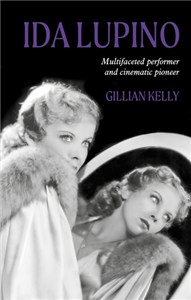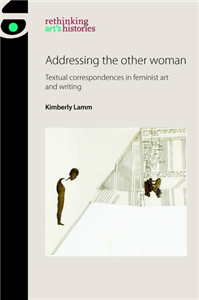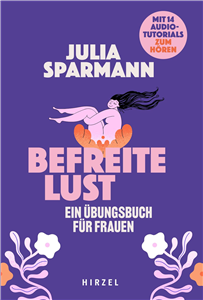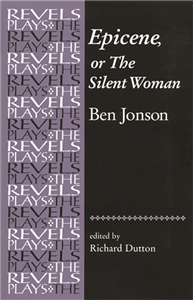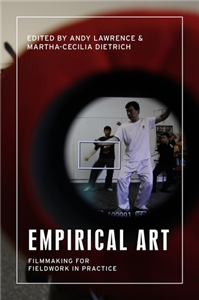Dar Lusail Publishing & Distribution
Dar Lusail Publishing and Distribution house was established in 2017 in Qatar, to response the aspirations of Qatari, Arab and foreign writers to have a professional publishing institution.In 2019, Dar Lusail established a new branch in Lebanon, also it implemented an ecommerce website www.darlusail.com & its mobile application, it’s including more than 40000 eBooks & 25000 books in all categories and all languages.Dar Lusail is distributing worldwide. It has innovative marketing mechanisms that meet the aspirations of readers, through an active presence in regional and international exhibitions & bookshops."Dar Lusail" has gained a prominent position among the intellectuals and the public in a short period, due to our constant desire to follow the approach of excellence, keep pace with development, and use the latest technologies in the publishing and distribution process. The house also relies on the standard of cultural sophistication and intellectual diversity in choosing titles for publications and the application of the highest standards of quality and mastery in the process of preparing the book for publication, as it has a renewed spirit of publications. Dar Lusail always strives to introduce the readers to the cultures of other peoples by translating many valuable books from and to Arabic.
View Rights Portal






